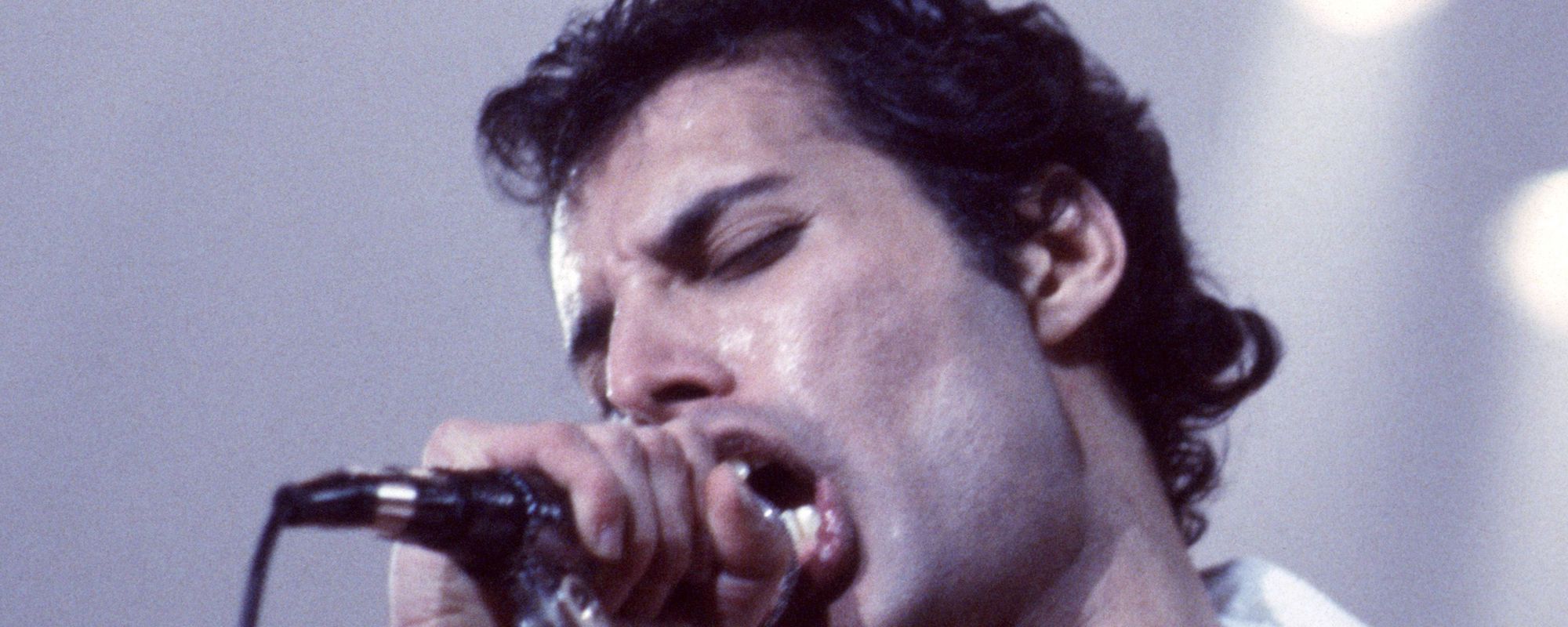Oasis, Blur, Pulp, and Suede were the Nirvana, Pearl Jam, Soundgarden, and Alice In Chains of Britpop. They dominated British pop culture in a movement known as Cool Britannia. Just as grunge had many lesser-known bands hoping to catch the waves stirred by “Smells Like Teen Spirit” and “Jeremy”, the U.K. also had its share of groups with hit songs existing beneath the giant shadow of Britpop’s big four.
Videos by American Songwriter
“Sleep” by Marion
Though I’m a bit of an Anglophile, I’d never heard of Marion as I was listening to Oasis, Suede, and Pulp in the 90s. But Johnny Marr produced the band’s second album, and guitarist Phil Cunningham later toured with Electronic, Marr’s band with Bernard Sumner from New Order and Joy Division. (Cunningham is also a member of New Order.)
“Sleep” appears on Marion’s debut, This World And Body. Though the band climbed the U.K. charts in 1996, singer Jaime Harding struggled with a heroin addiction, and Marion lost the support of London Records. By 1999, Marion faded alongside Britpop.
“To Earth With Love” by Gay Dad
Cliff Jones, a former journalist, formed Gay Dad in 1994. Leisure Noise arrived in 1999, in a post-Be Here Now era when Britpop was essentially over. However, with that band name, people were curious, and “To Earth With Love” reached No. 10 on the U.K. Singles chart. Another single, “Joy!”, also received attention through its appearance in FIFI 2000, though it didn’t chart as high.
Gay Dad’s second album, Transmission, didn’t garner the kind of interest as the first album, and the band broke up in 2002. But “To Earth With Love” is interesting as a song caught in no man’s land. It echoes the 1960s psychedelia that inspired Britpop but seemed immediately dated against the new wave of soft rock bands Coldplay and Travis.
“Yes” by McAlmont And Butler
Guitarist Bernard Butler, who was once hailed as the musical heir to Johnny Marr, quit Suede before its second album, Dog Man Star, was completed. Soon after leaving Suede, he formed a duo with David McAlmont from Thieves. But the collaboration ended after only two singles, and a compilation album called The Sound Of McAlmont & Butler was released to document the short-lived project.
In 2002, they returned with Bring It Back, which reached No. 18 on the U.K. Albums chart. But “Yes” remains the group’s best-known song. It arrived as Britpop dominated culture, with Butler’s former band reaching its commercial heights with his replacement, Richard Oakes. Still, Butler was crucial to Britpop’s rise, as both a guitar virtuoso and a songwriter.
Photo by Mick Hutson/Redferns












Leave a Reply
Only members can comment. Become a member. Already a member? Log in.